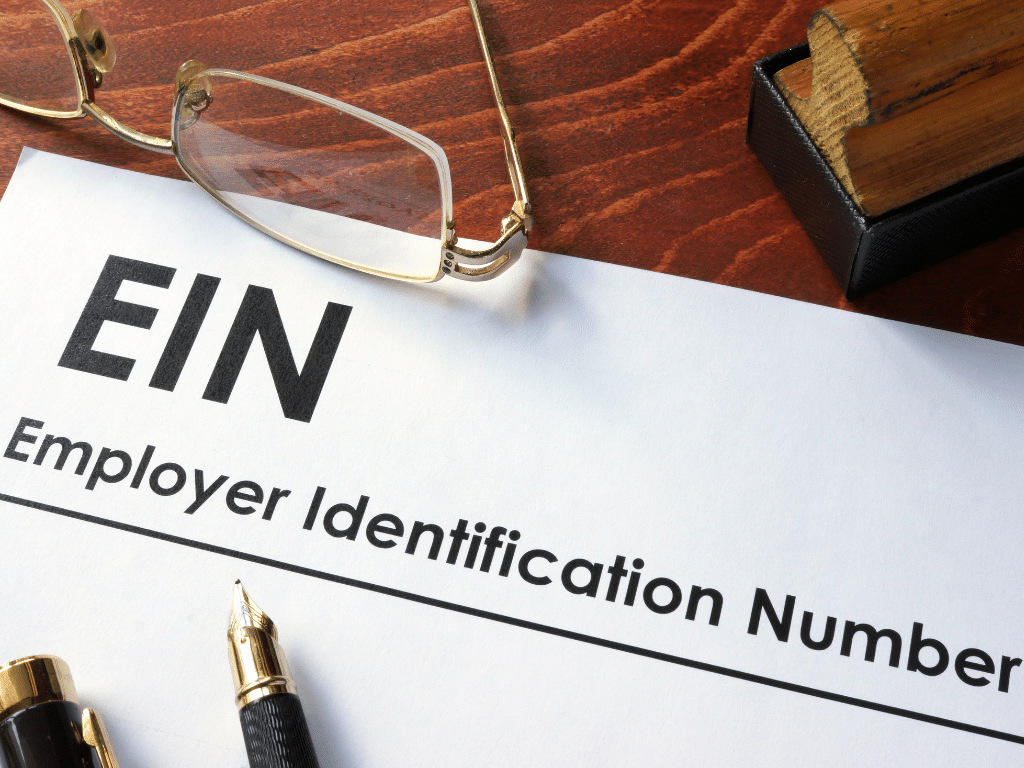Hiring independent contractors can be smart for your business, especially if you want to reduce overhead costs without sacrificing access to specialized skills. It also offers flexibility, allowing you to scale your workforce up or down as needed. Moreover, this arrangement also takes the hassle of managing employees and the administrative tasks that come with it.
However, this business setup is not one without potential downsides and risks. For this reason, it’s crucial to draw a well-written and ironclad independent contractor agreement to protect your company’s best interest and avoid legal disputes.
Independent Contractor Agreement: Writing Tips and Best Practices
To help you craft a winning and ironclad independent contractor agreement, we’ve created a list of tips and best practices:
Use templates
Many companies do not write agreements from scratch. They standardize their contracts and make use of templates to simplify the process. Not only do templates cut down the amount of time spent writing contracts, but they also help minimize errors and reduce the risks of discrepancies.
Be clear and concise
Make sure to use a language that’s easily understood by all the contracting parties. As much as possible, keep it short and succinct to avoid any ambiguity. It’s also best to refrain from using technical jargon or terms that are very industry-specific.
Include all relevant information
When writing any agreement, include all relevant information and key components so every aspect of your agreement is documented on paper. We already discussed above some of the most important sections that need to be found in an independent contractor agreement.
Seek legal advice
Regardless of the size of your transaction, it’s always a good idea to seek legal advice from your lawyer or legal department. They can provide valuable guidance on the legal requirements and best practices for drafting an effective and enforceable agreement.
Keep the agreement up to date
It’s highly recommended that you regularly revisit and evaluate the performances of all your contracts. Check if there are any changes in the working relationship between you and the other contracting parties. This may include changes to the scope of work, compensation, or other key terms of the agreement.
Maintain a positive working relationship
An independent contractor agreement should be written in a way that maintains a positive and productive working relationship between the business and the independent contractor. Avoid using language that may be confrontational or adversarial, and instead, focus on building a mutually beneficial working relationship.


independent contractor agreement
Free Template: Independent Contractor Agreement
With Fill, you can say goodbye to the hassle and headaches of writing independent contractor agreements from scratch. Our feature-rich platform comes with a library filled with fully customizable templates that you can easily edit and personalize.
Moreover, our electronic signature solutions make it easier for you to enforce the contract. You can sign documents on the go using any mobile device. Similarly, you can send your documents for signing in just a few clicks. Our eSignature is legally binding and enforceable, so you never have to worry about the document holding up in court.
Fill also allows you to keep track of your document’s progress. Our real-time tracker lets you see where your documents are and if the signer has already received them. In addition, you can set an auto-reminder so the other contracting parties can sign the document on time without the need to manually follow up.
Best of all, Fill uses the most robust security measures to keep your data protected. Using military-grade encryption, you can be sure that only those who are permitted can access your documents.
Sign up with Fill today and experience the wonders of online contract signing.
The 7 Key Components of an Independent Contractor Agreement
While there’s a template you can use to create independent contractor agreements, it’s not the same for every agreement, as it will vary depending on the nature of the job. However, there are a few key components that you need to make sure are included.
1. Scope of work
A well-crafted independent contractor agreement must clearly and clearly define the scope of work involved in the project. You should spare no important detail and must outline the specific tasks, the deliverables, the milestones, and the timeline. This ensures that everyone has a clear understanding of the expectations and requirements of the project.
2. Compensation
Another important component of an independent contractor agreement is specifying the payment terms. This includes stipulating how the independent contractor will be compensated, whether it’s a flat fee or per milestone. You should also include the mode of payment and other provisions, such as invoicing instructions.
3. Confidentiality
As mentioned earlier, one of the reasons why you need to enforce a legally binding agreement is so you can protect your most sensitive information. That said, the agreement should include provisions related to the confidentiality of any proprietary or sensitive information that the independent contractor may be exposed to while performing their work.
4. Termination
However long you intend to hire the independent contractor, you need to stipulate the circumstances under which the agreement may be terminated by either party. This could be based on performance. You should also include the set of procedures you need to do in order to end the transaction.
5. Indemnification
Including provisions related to indemnification is another critical component of an independent contractor agreement, as it helps to protect both parties from any potential liability and can help to ensure that any losses or damages are appropriately compensated.
6. Governing Law
When drafting an independent contractor agreement, it’s important to include which laws and jurisdictions will govern the contract so that all contracting parties have a clear understanding of the legal framework that will be used to interpret and enforce the agreement. Specifying can also help to prevent any disputes related to jurisdiction or legal interpretation.
7. Dispute Resolution
While everyone aims to have a smooth and successful transaction, you also need to prepare in advance if things go south. That’s why one important component in any contract is dispute resolution. This will help you navigate any potential conflicts or disagreements that may arise.

Why Your Business Needs an Independent Contractor Agreement
One major rule of thumb when starting a working relationship with independent contractors is to always put everything into writing. An independent contractor agreement is a legally binding document outlining the job’s terms and conditions or the project. It sets forth the scope of work, timelines, payment terms, deliverables, and other crucial details.
While there’s no denying that crafting this kind of contract has its challenges, the benefits surely outweigh the cons. Here’s why you need an independent contract agreement:
Legal protection
Although independent contractors barely require hands-on management, it also means you have less control over their day-to-day activities. This can make your arrangement more prone to misunderstandings and disputes. By drawing out an independent contractor agreement, you can be sure that you are protected from any potential legal issues.
Intellectual property protection
Enforcing an independent contractor agreement can ensure that your business retains the ownership of any intellectual property created by the other party. You can also add provisions that are quite similar to a non-disclosure agreement, wherein they’re not allowed to share any vital information about your company.
Compliance with employment laws
Every working relationship has certain laws associated with it to protect the legal rights of the parties involved. Enforcing an independent contractor agreement helps you comply with employment laws and avoid potential legal issues related to worker misclassification. It can help to establish that the independent contractor is not an employee and is not entitled to employee benefits or protections.





